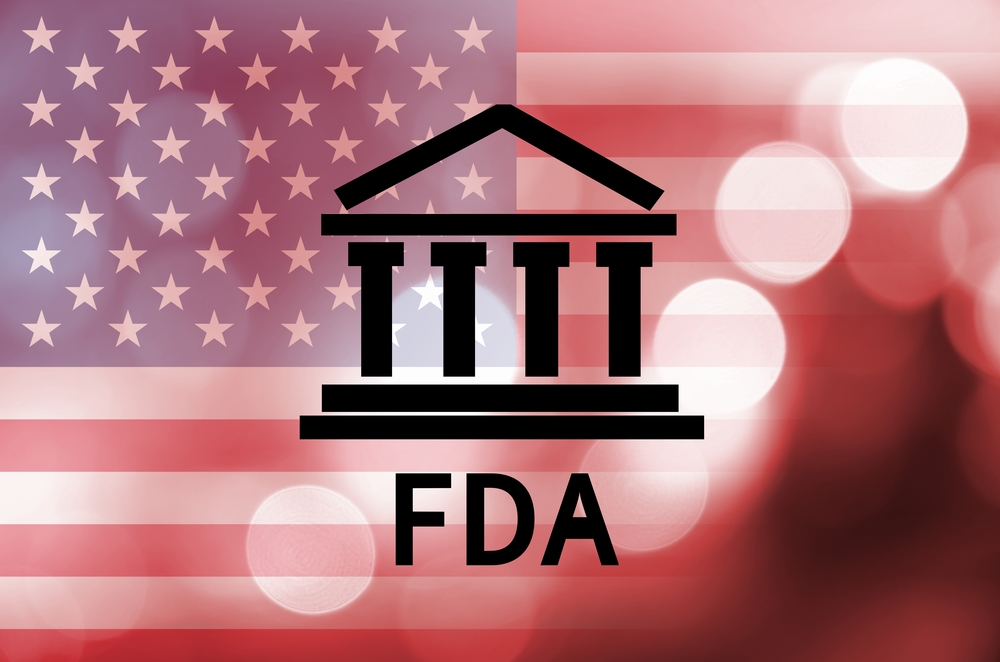
The U.S. Food and Drug Administration (FDA) announced this week that it will continue to forego most foreign inspections through April, due to ongoing coronavirus concerns — the same concerns that have prompted Congressional leaders to inquire about potential impacts to the medical product supply chain.
“The FDA based this decision on a number of factors, including State Department Level 4 travel advisories in which travel is prohibited for U.S. government employees, Centers for Disease Control and Prevention travel recommendations, access restrictions being imposed on foreign visitors by certain countries, guidance from the Office of Personnel Management and the importance of the health and safety of our employees,” FDA Commissioner Stephen Hahn wrote this week. “Another critical factor in taking this action is the confidence we have in our ability to maintain oversight over international manufacturers and imported products using alternative tools and methods. We are aware of how this action may impact other FDA responsibilities, including product application reviews.”
That said, he added that the FDA will continue to monitor the situation and try to mitigate potential impacts as much as possible. It intends to resume foreign inspections as soon as possible. In the meantime, the agency will deny entry of unsafe products into the U.S., conduct additional examinations or product sampling at U.S. borders, review compliance histories and take other actions as necessary to make up for the lack of physical inspections.
But concern has rooted itself in the House Energy and Commerce Committee, whose leaders wrote Hahn this week requesting a briefing on the potential impact of COVID-19 on the supply of drugs and other medical products in the U.S. Many such items are produced outside the United States, including a great deal of personal protective equipment manufactured by China. The FDA itself has also reported that at least one human drug is on shortage due to an active pharmaceutical ingredient manufacturing site being affected by the outbreak.
“To better understand FDA’s efforts to mitigate supply chain problems, we ask that you provide Committee staff a briefing regarding these challenges,” the representatives wrote. “Specifically, we would like to know how many manufacturers, distributors, and importers might be affected by supply chain issues as a result of the COVID-19 outbreak. We are also interested in FDA’s ongoing work to combat shortages, including what the Agency is hearing from potentially affected manufacturers, distributors, and importers, and what steps it is currently considering or taking to reduce potential shortages.”
Drug alternatives, handling of such supply shortages, and whether the novel coronavirus outbreak has impacted the FDA’s risk-based inspections also dominated the committee’s questions.
“The FDA has the ability through our risk-based import screening tool (PREDICT) to focus our examinations and sample collections based on heightened concerns of specific products being entered into U.S. commerce,” Hahn said. “The PREDICT screening continues to adjust risk scores as necessary throughout the COVID-19 outbreak. We are keeping a close eye out for indications of port shopping or cargo diversion and will continue our oversight of shipments through potentially higher-risk venues such as International Mail Facilities. We can refuse admission of products that fail sample testing or may violate other applicable legal requirements.”
Committee Chairman Frank Pallone, Jr. (D-NJ), Ranking Member Greg Walden (R-OR), Health Subcommittee Chairwoman Anna G. Eshoo (D-CA), Health Subcommittee Ranking Member Michael C. Burgess, M.D. (R-TX), Oversight and Investigations Subcommittee Chair Diana DeGette (D-CO) and Oversight and Investigations Subcommittee Ranking Member Brett Guthrie (R-KY) made it clear they wanted to guarantee the FDA was properly equipped for the task.
“As FDA and our other health agencies respond to this global emergency, we want to ensure that FDA is equipped to maintain its commitment to protecting and promoting public health by addressing potential shortages and minimizing harm for patients,” the Committee leaders wrote.




